
Hepatocellular Carcinoma
Advertisement
Drs. Finn and Yopp discuss adjuvant therapy in HCC following surgical resection in a review of data from IMbrave050.
Drs. Finn and Yopp discuss the IMbrave050 study for early-stage HCC, including the trial design, results, and implications.
A recent study showed evidence that HBV infection facilitates drug resistance in cancer treatment medications.
The FDA has approved nivo for subcutaneous injection for all solid tumors for which nivo is indicated as a monotherapy.
SBRT with sorafenib is shown to be associated with a clinically important but not statistically significant improved OS rate.
Rising HCC mortality rates in the US highlight stark disparities across age, sex, race, and liver disease etiologies.
Kaplan-Meier curves showed that patients with high TBS had significantly decreased OS and increased recurrence rates.
A recent analysis reviewed patient-level data to identify the relationship between pathological response and relapse.
Dr. Richard Finn provides an overview of the key studies in liver cancer from ESMO 2024.
A study compared the outcomes of patients with HCC who underwent upfront surgical resection versus neoadjuvant immunotherapy.
Dr. Amit Mahipal discusses a recent study on atezolizumab plus bevacizumab as a first-line treatment for HCC.
Dr. Dan Kaufman discusses recent research on TGF-β and how it is linked to the development of HCC.
While immunotherapy paired with VEGF inhibitors are considered first-line options, they only provide modest efficacy.
Dr. Luo describes the performance of the two-fusion gene + α-fetal protein logistic regression model.
Dr. Luo explains the potential benefits of machine learning for patients with hepatocellular carcinoma.
While TACE is a common treatment for HCC, the procedure alone is associated with unsatisfactory survival benefits.
Dr. Luo and colleagues identified a need for increased screening measures for patients with HCC.
[68Ga]Ga-RYZ-GPC3 shows high specificity in detecting hepatocellular carcinoma, outperforming conventional imaging.
Researchers conducted a comprehensive analysis to determine the association between HCC disease stage and prognosis.
A review analyzed 30 meta-analyses to determine the association between pretreatment NLR and immunotherapy outcomes.
Advertisement

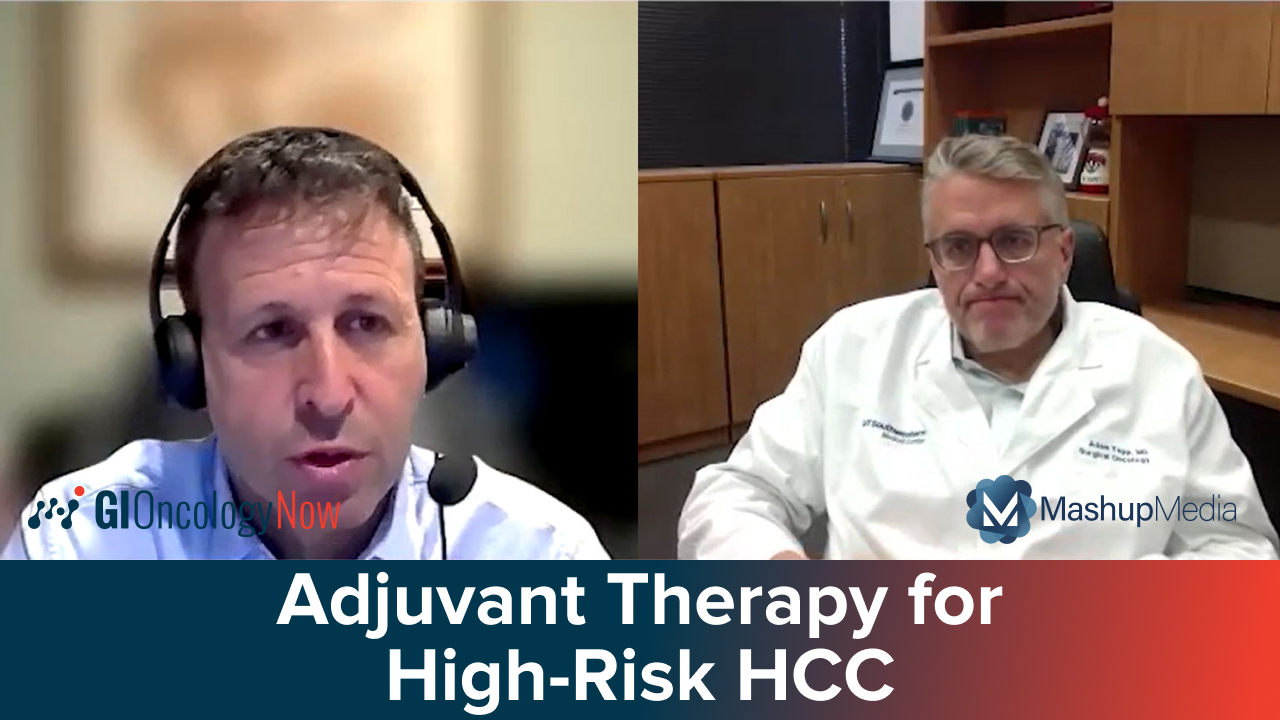
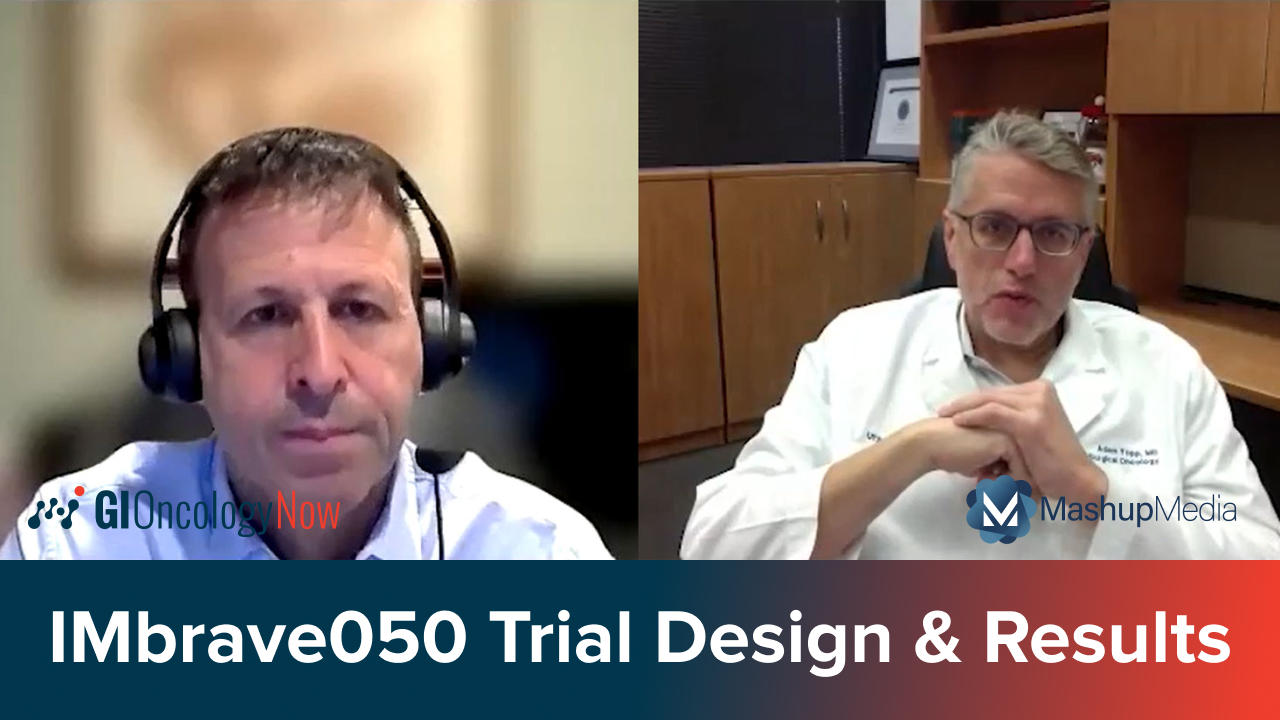

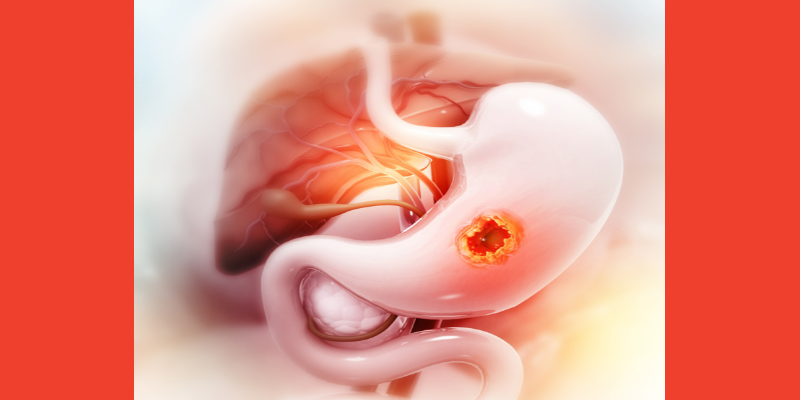
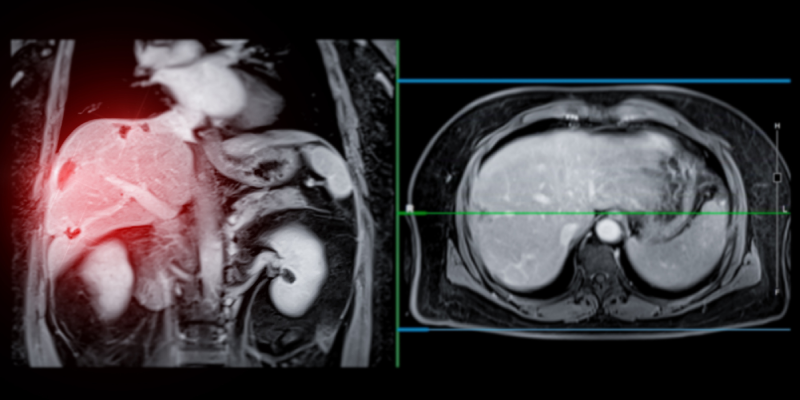

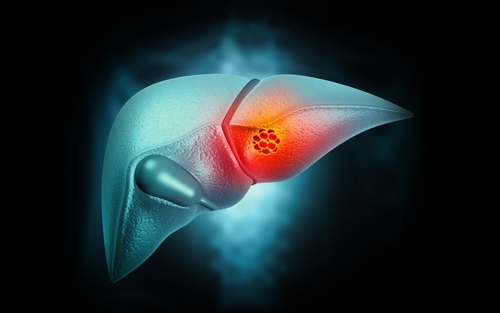
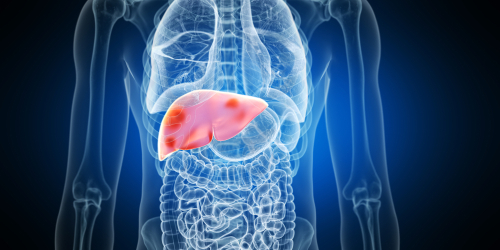
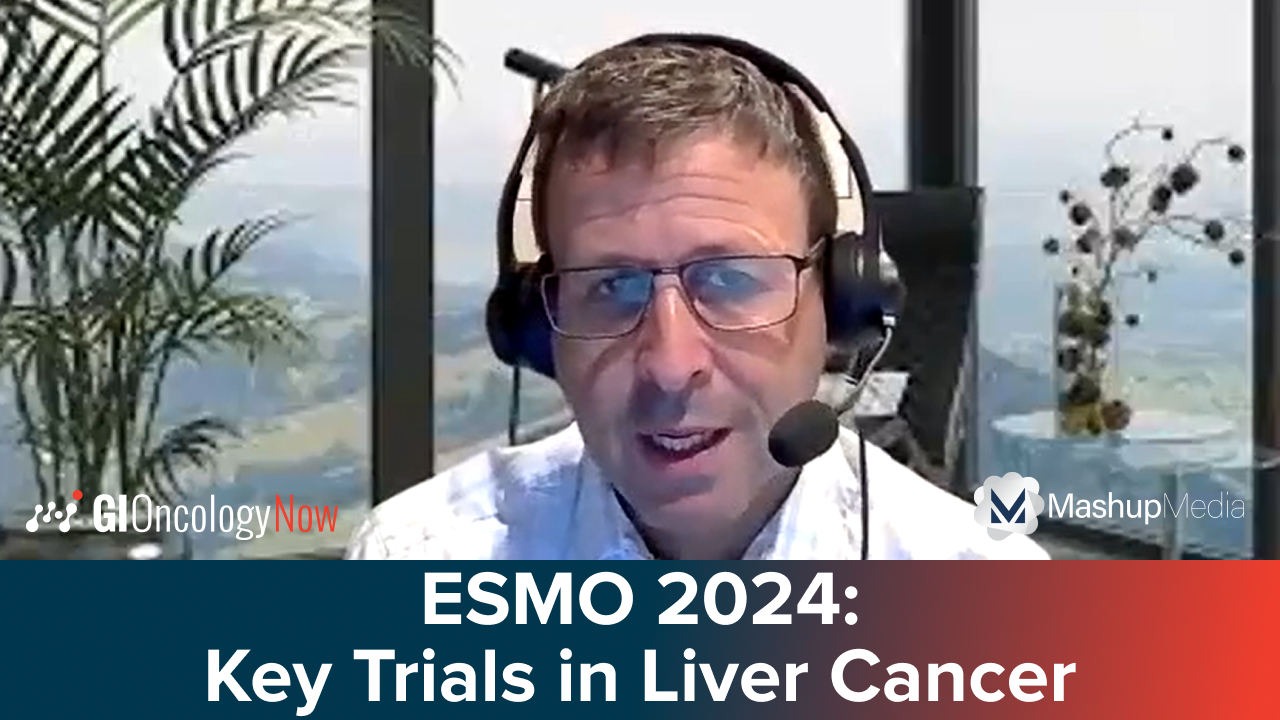
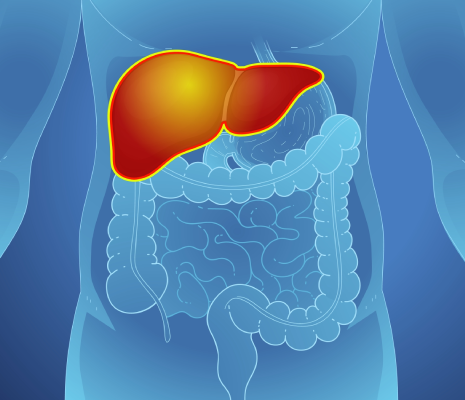

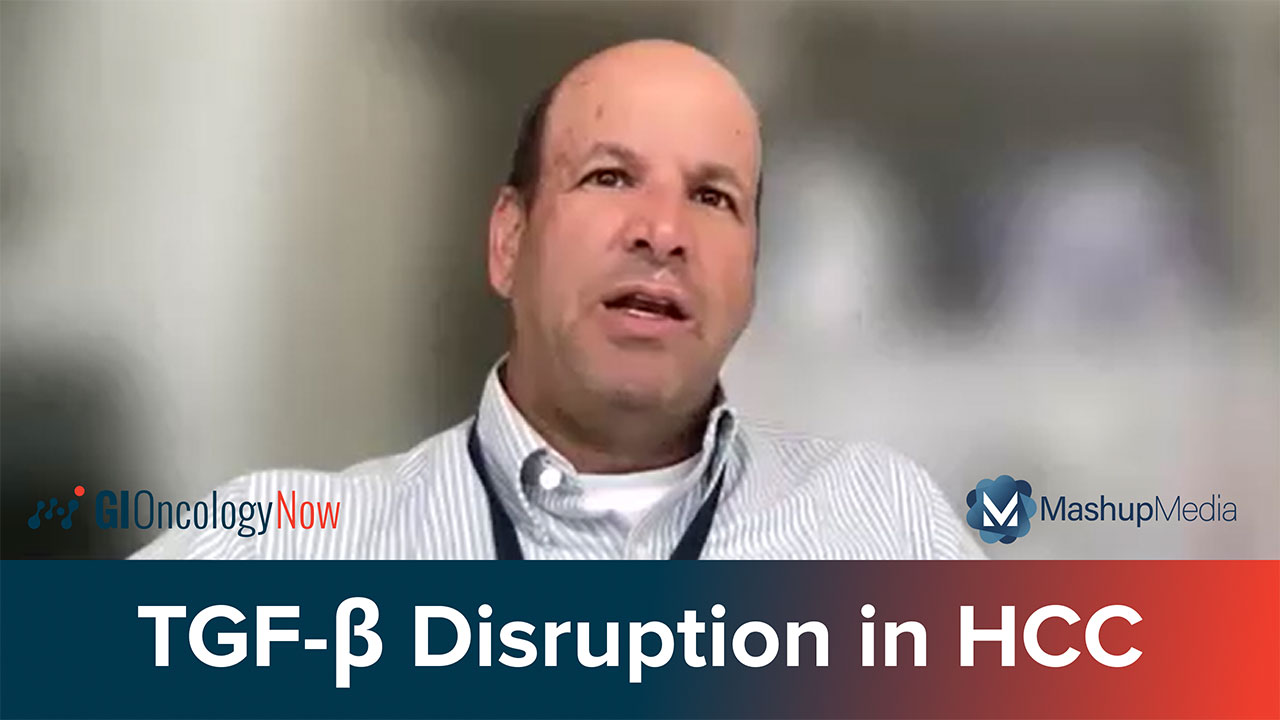
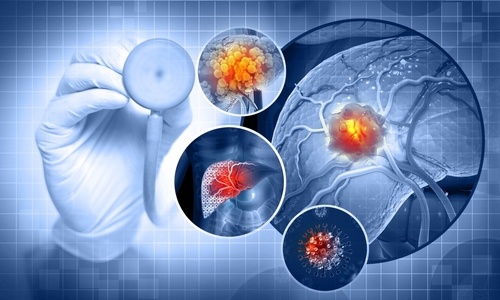



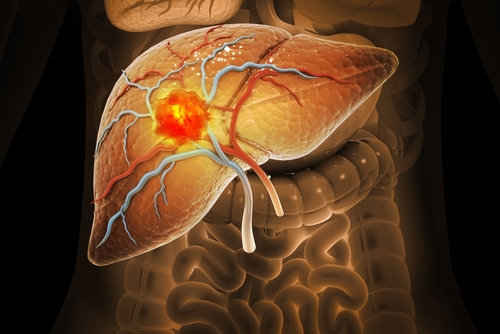
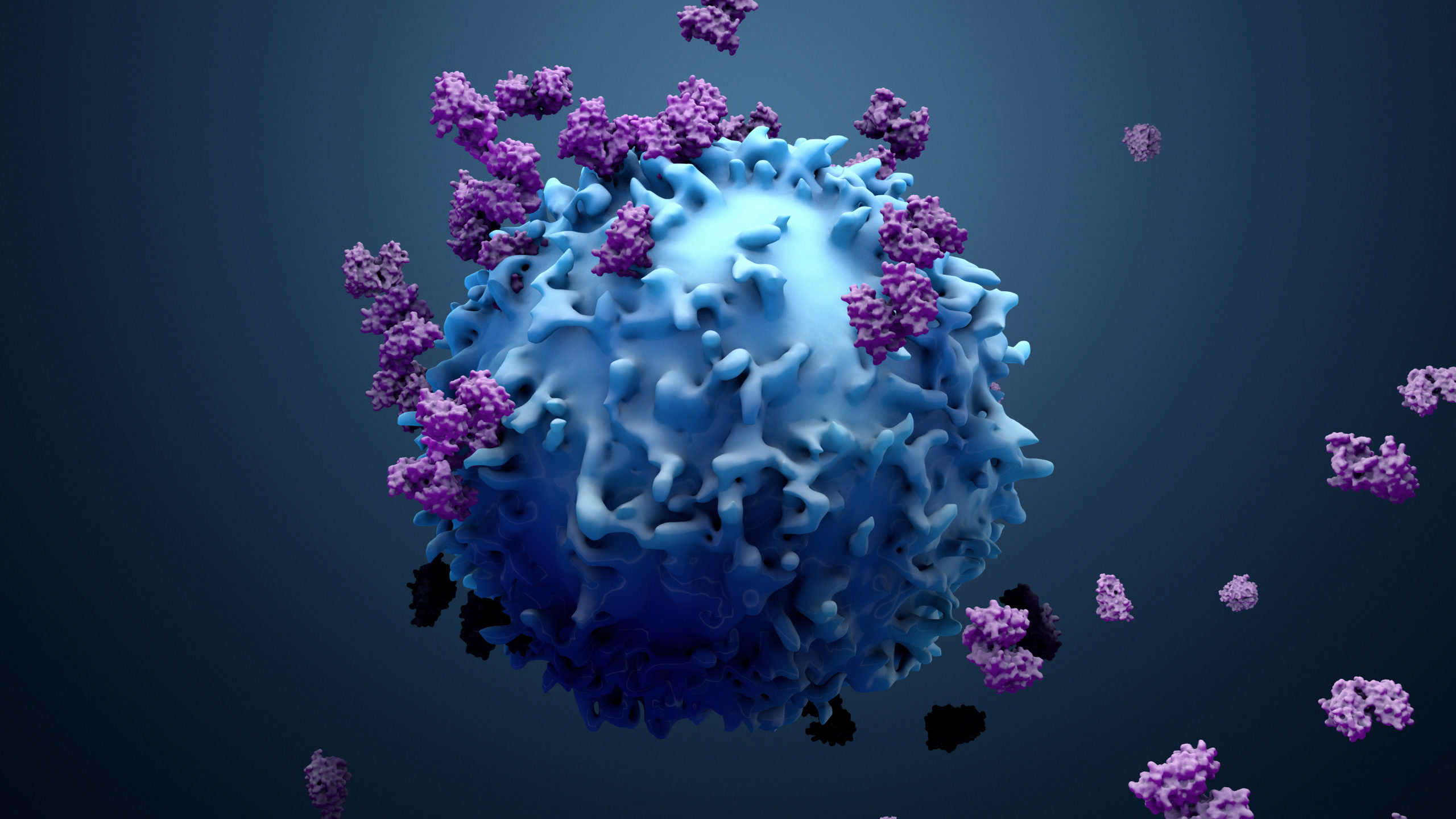

 © 2025 Mashup Media, LLC, a Formedics Property. All Rights Reserved.
© 2025 Mashup Media, LLC, a Formedics Property. All Rights Reserved.